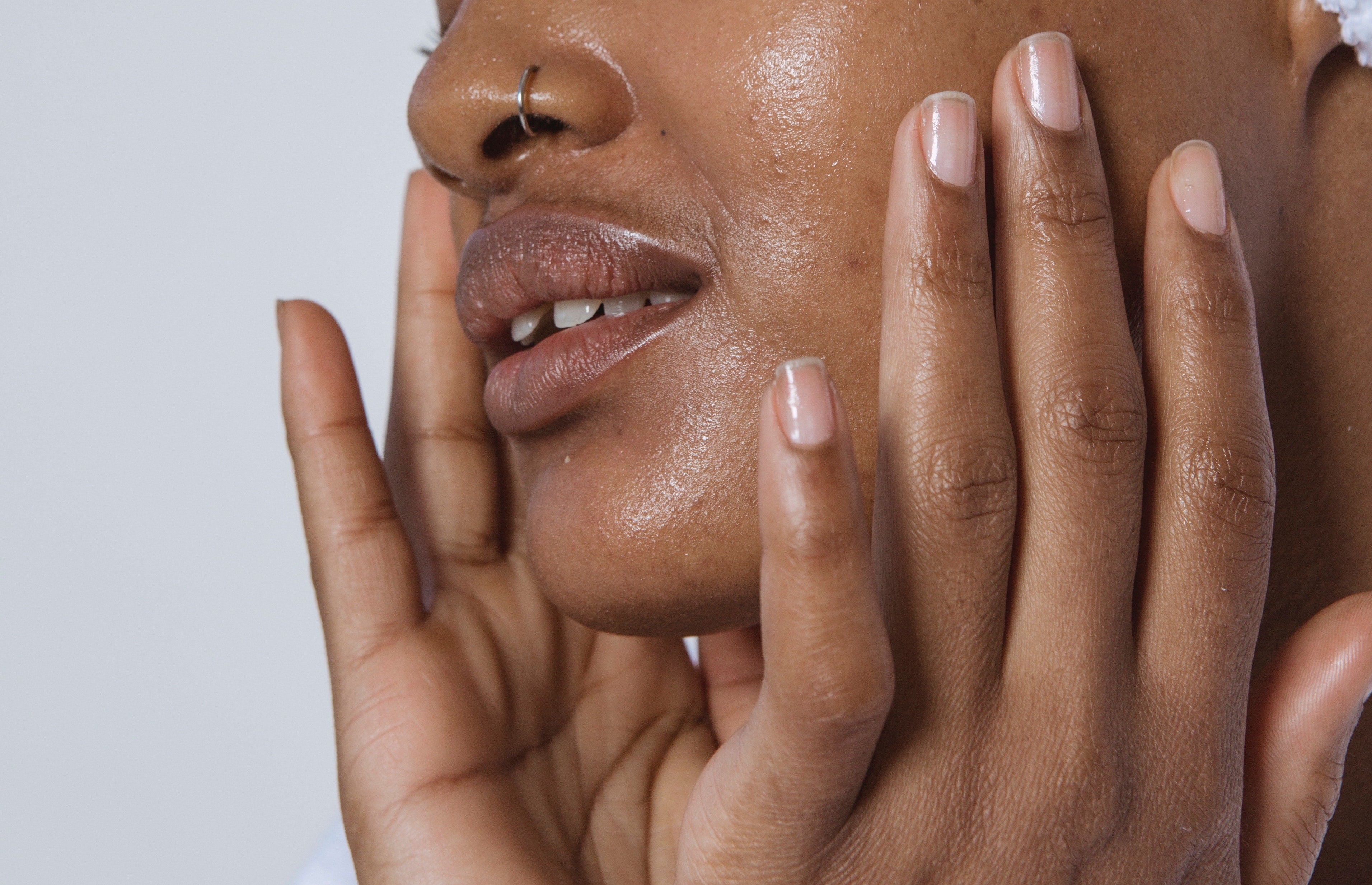Taking care of your skin can seem like a maze of choices, from rigorous routines to a multitude of brands and confusing scientific-sounding ingredients.
Regular cleansing and moisturizing is important, and sunscreen is a good idea when you’re outside for any period of time.
What about dealing with skin care concerns, like dark spots, acne and dry skin? And are there ways to naturally enhance the health of your skin—your body's largest mechanical barrier against the external environment and its protection from microorganisms?
5 Ways Essential Oils Help With Skin Care
Essential oils, commonly used as a fragrance compound in cosmetics, or in aromatherapy to reduce stress, fight headaches and help with allergies, can also be effective in skin care. Here are 5 examples how essential oils can play a key role in looking after your skin.
- Keeping skin healthy: Essential oils provide different biological activities such as antimicrobial, anti-inflammatory and antioxidative properties. As a result, they can keep skin healthy while also helping to protect skin from environmental damage, as well as help cure some skin ailments. One review paper of a number of studies concluded that some essential oils “have extreme skin benefits.” In general, the anti-inflammatory and antioxidant effects of plant oils are good for the skin, helping to repair that skin barrier.
- Dealing with spots and other problems: Essential oils can also be used to treat specific conditions, as well as providing overall skin care. For instance, essential oils can help remove dead cells, which aids in treating conditions like dark spots. Here are some other examples: Roman chamomile has been used to treat rosacea, a long-term inflammatory skin condition that causes red skin and a rash on the face; ylang ylang is used for dermatitis, eczema, and general skin care; white camphor is used to treat age spots; and carrot seed helps with aged and dry complexions, as well as treat dermatitis, eczema and inflammation.
- Fighting dry skin: Essential oils may help keep skin moisturized. A group of people were treated with essential oils from lavender and sage, added to almond oil, and used on the skin. The oils were helpful in restoring the epidermal water content—that of the outer layer of the skin—and in preventing dry skin.
- Treating acne: One study clinically proved that myrtle essential oil helped women with acne skin. The myrtle oil helped reduce erythema, which is a superficial, patchy reddening of the skin; remove sebum, an oily substance on the skin; remove dead skin cells; and provided antibacterial activity on the facial skin. The study confirmed that “myrtle essential oil is a safe, skin-soothing substance effective for treating acne.”
- Heal wounds and infections: Initial research is positive in showing that a chemical compound found in essential oils improves the healing process in skin wounds. Skin tissue treated with the chemical compound beta-carophyllene—found in lavender, rosemary, ylang ylang and black pepper—showed increased cell growth and cell migration critical to wound healing. Essential oils are also becoming a popular choice for treating fungal skin infections, being used in dermatology as well as in the nursing profession, and in hospitals. Essential oils are effective for dermatological use to treat infections.
Choosing Essential Oils
Nezza Naturals offers a number of options in high quality, 100% pure essential oils, including many that can help with general skin care and treating specific skin conditions. Here are a few suggestions to get you started using essential oils in skin care.
Roman Chamomile Essential Oil: Besides helping to heal skin and treat conditions like rosacea, you can use it to alleviate anxiety and induce sleep. It’s also kid-friendly, and can be used safely for teething, colic and temper tantrums. We sell this as a 10% dilution in organic jojoba oil, so it can be used directly on the skin or dilute it further in a carrier oil or lotion.
Carrot Seed Essential Oil: Helps regenerate skin cells, reduce the appearance of scars, and treat eczema and psoriasis. Dilute the oil in carrier oil or lotion before using it directly on the skin.
Ylang Ylang Essential Oil: We call this one the “star” of essential oils. It’s ideal for skin and hair, hydrating and nourishing while the scent can relieve fear and anxiety. Needs to be diluted in carrier oil or lotion before using directly on the skin.
These are a few ideas to get you started using essential oils in skin care. Our plant-based products are healthy for you, your family and the planet. For more information feel free to contact us at any time, and ask our friendly staff for help.

Leave a comment